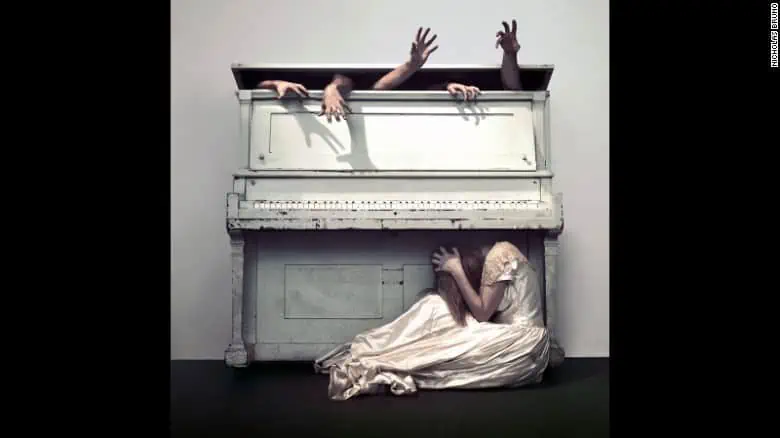What Are The 5 Stages of Grief?
The 5 stages of grief, initially introduced by psychiatrist Elisabeth Kübler-Ross, have become a widely recognized framework to help people understand trauma and empathize with other’s pain. Grief is deeply personal. Every individual’s journey through loss and grief is different. Not everyone follows these stages in the same order.
In this article, we’ll explore the 5 stages of grief, acknowledging their significance while emphasizing their flexibility. We’ll also provide practical guidance to help people to cope with grief healthily.
Understanding Grief and Healing
The 5 stages of grief is an emotional gauge used by those in the mental health industry. They help people further understand their trauma and empathize with other’s emotional pain.
“Recognizing and understanding the psychological processes of grief is the first step to coping with any traumatic experience.”
While everyone is unique and will grieve in their own way, the following stages of grief outline how grief is typically experienced.
The 5 Stages Of Grief
People experience five sequential emotional stages in response to grief. We refer to these stages as the five stages of grief.
Denial and Isolation
The first reaction is to try to deny the reality of the situation. Denial is a psychological defense mechanism that protects a person from the overwhelming emotions of the initial shock. Denial is a brief response that helps to carry people through the first sense of emotional pain.
Anger
As the masking effect of denial and isolation begins to wear off, the reality of the emotional pain emerges. The intensity of the pain is reflected outward at people or objects. Perhaps even the person that they have recently lost. This anger is a natural response to hurt. However, in the case of grief, it is usually misplaced, making this stage more confusing and emotional.
Bargaining
Bargaining is an attempt to regain control. It’s a response to people’s vulnerability and helplessness after a significant loss. People attempt to avoid the reality of the situation by creating a false belief that they can somehow change it.
Depression
There are two types of depression associated with mourning. The first is the practical reaction to the implications of the loss. Regret and sadness dominate this type of depression. The other kind of depression is a more reserved and private emotional preparation to accept the loss fully.
Acceptance
Acceptance is marked by a sense of calm and withdrawal. While acceptance is still a long way from complete recovery, which may never be possible. Still, it represents a significant departure from the emotional turmoil of the previous four stages.
The 2 New Stages of Grief
In recent years, the understanding of the grieving process has evolved. As a result, we now recognize two additional stages of grief. These actually complement the classic 5 stages. The new stages are shock’ and ‘testing.’ These new stages address the complexity and variability of grief experiences and how people process loss and adapt to life-changing events.
Shock
Shock typically occurs immediately after a significant loss, where individuals often find themselves in a state of disbelief and emotional numbness, struggling to comprehend the reality of their loss.
Testing
The testing stage emerges as a natural response to grief. Exploring new ways of coping, seeking meaning, and experimenting with strategies to better manage our emotions.
In summary, the process of grieving is a very personal and individual experience. The seven stages, denial, isolation, anger, bargaining, depression, acceptance, and now shock and testing, show that the experience of loss and trauma is a universal one that affects us all.
Dealing with Parental Grief While Your Child is in Recovery
Grief is a complex and challenging emotional process that parents often experience when their teenagers engage in risky behaviors, substance use, or require recovery. The parenting journey often begins with the vision of a perfect child, filled with dreams and expectations. However, when adolescents face difficulties, make poor choices, or struggle with addiction, it can shatter the idealized image parents hold dear.
Letting go of the notion of a perfect child is a vital step in coping with this grief. It involves acknowledging the reality of the situation and understanding that teenagers are individuals who make their own choices and embrace the imperfections and vulnerabilities that come with adolescence.
Parents can support their teenagers through their treatment and recovery and work together to build a healthier and more authentic family dynamic while simultaneously letting go and grieving for the expectations they had of their child and instead embracing the journey and growth ahead.
Is your child in need of treatment and support? Learn about our compassionate approach to healing. Contact us today for guidance.
Reviewed and updated: 12/4/2023








